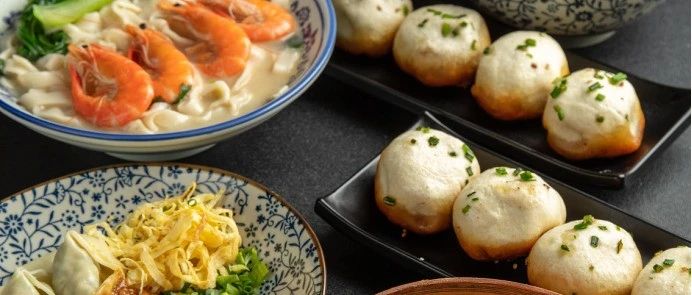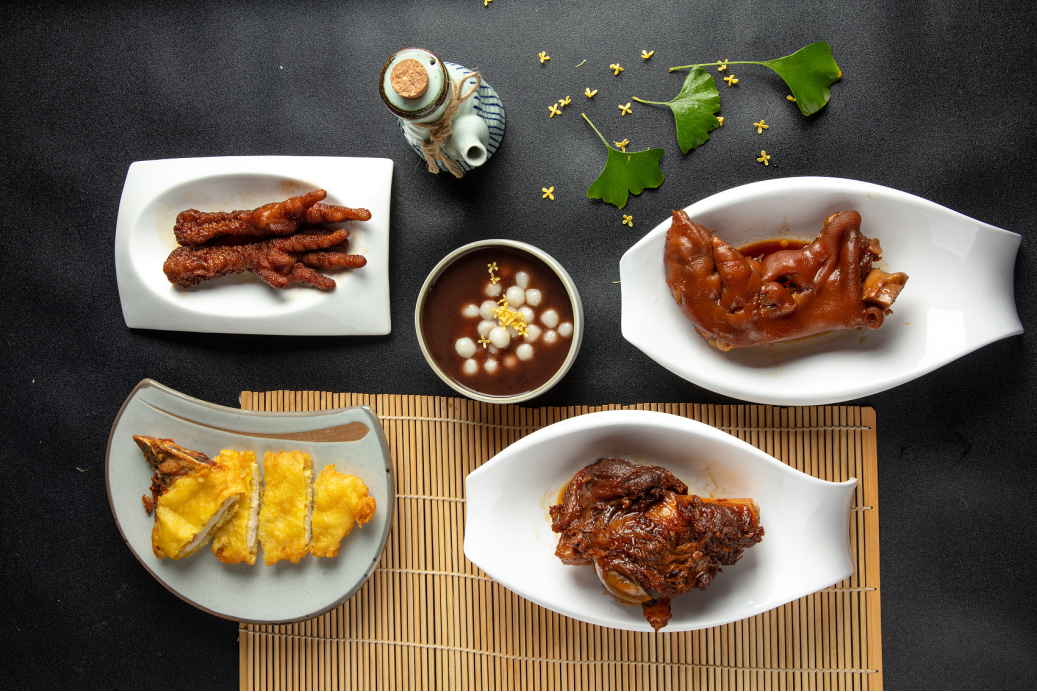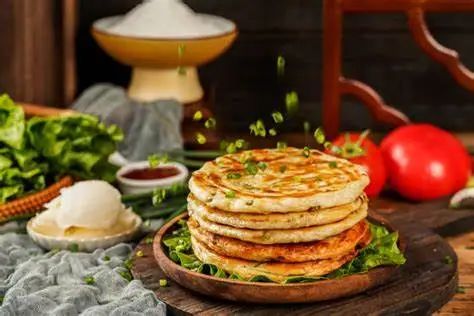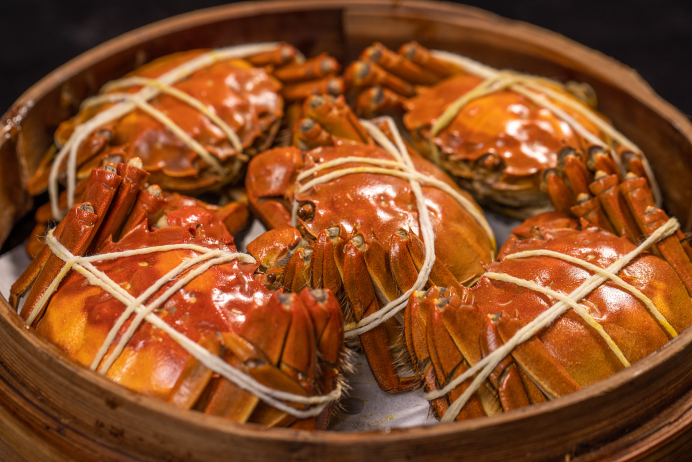
Shanghai’s vibrant food scene is a testament to its rich cultural heritage and dynamic modern lifestyle. Exploring the local cuisine not only satisfies the palate but also offers a glimpse into the city’s history and traditions. Let’s dive into some useful vocabulary, interesting facts, examples, and rules of usage related to gastronomy and culinary culture.
Useful Vocabulary
1. 美食 (měishí) – Gourmet food
2. 餐厅 (cāntīng) – Restaurant
3. 菜谱 (càipǔ) – Menu
4. 点菜 (diǎncài) – To order food
5. 小吃 (xiǎochī) – Snacks/street food
6. 主食 (zhǔshí) – Staple food
7. 甜点 (tiándiǎn) – Dessert
8. 饮料 (yǐnliào) – Beverage
9. 味道 (wèidào) – Flavor
10. 烹饪 (pēngrèn) – Cooking
Interesting Facts
Diverse Cuisine: Shanghai’s culinary scene is influenced by a mix of local and international flavors, including elements from nearby provinces and Western countries.

Street Food Culture: The city is famous for its street food, offering everything from dumplings (⼩笼包, xiǎolóngbāo) to scallion pancakes (葱油饼, cōngyóubǐng).

Historical Influence: Many traditional dishes have historical significance, such as the famous “Shanghai Hairy Crab” (大闸蟹, dàzháxiè), which is a seasonal delicacy.

Tea Culture: Tea (茶, chá) plays an essential role in Shanghai’s dining experience, often paired with meals or enjoyed in specialized tea houses.

Examples and Usage
1. Ordering Food:
-
我要点菜。(Wǒ yào diǎncài.) – I want to order food.
-
请给我菜单。(Qǐng gěi wǒ càidān.) – Please give me the menu. -
你推荐什么菜?(Nǐ tuījiàn shénme cài?) – What dishes do you recommend?
2. Describing Food:
-
这个菜很好吃。(Zhège cài hěn hǎochī.) – This dish is delicious.
-
味道很特别。(Wèidào hěn tèbié.) – The flavor is very special.
-
我喜欢甜点。(Wǒ xǐhuān tiándiǎn.) – I like desserts.
3. Discussing Preferences:
-
你喜欢吃辣吗?(Nǐ xǐhuān chī là ma?) – Do you like spicy food? -
我不吃海鲜。(Wǒ bù chī hǎixiān.) – I don’t eat seafood.
-
我更喜欢素⾷。(Wǒ gèng xǐhuān sùshí.) – I prefer vegetarian food.
Rules of Usage
1. Politeness: When dining out, it’s polite to say “请 (qǐng)” when making requests. For example, 请给我水。(Qǐng gěi wǒ shuǐ.) – Please give me water.
2. Cultural Sensitivity: Respect local customs, such as waiting for the host to start eating and trying all dishes if you are a guest.
3. Expressing Preferences: Use phrases like 我不喜欢 (wǒ bù xǐhuān) – I don’t like, and 我喜欢(wǒ xǐhuān) – I like, to express food preferences clearly.
Dive into Shanghai’s Culinary Scene with Mandarin INN
Enhance Your Mandarin Skills with Mandarin Inn
Ready to elevate your small talk game in Mandarin Chinese? Join Mandarin Inn and immerse yourself in a supportive learning environment tailored to your needs. Our experienced instructors will help you develop practical language skills while exploring Chinese culture and customs. Start your journey to fluency today and unlock new opportunities for personal and professional growth!
Contact us now to learn more and embark on your Mandarin learning adventure! Free trial is also available, scan the QR code below to register!

Learn more about Mandarin Inn
Mandarin Inn offers various Chinese course programs, starting from 1-on-1 course, group class, to online class; everything is adjustable to your own schedule! Ready to dive deeper into the Chinese language and culture? Sign up for our courses at Mandarin Inn today and start your journey towards fluency. Let’s explore the beauty of China together, one word at a time.
-End-

